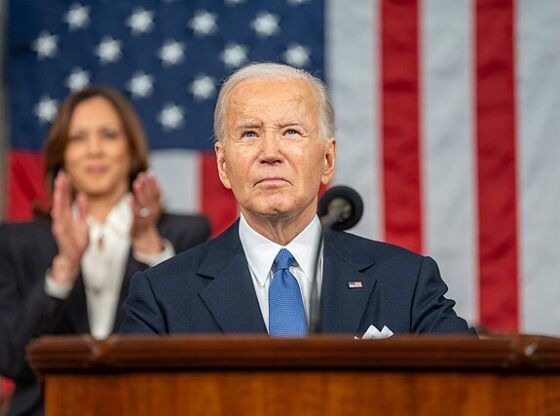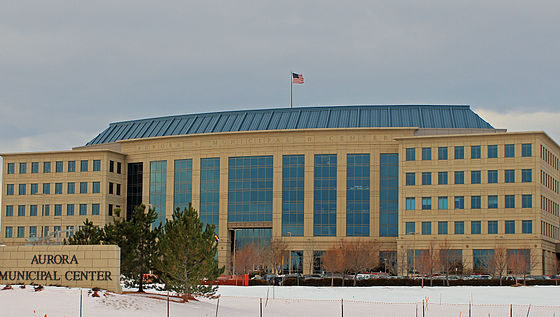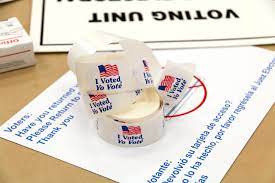As the largest investigative journalism project in media history, the Pandora Papers detail previously unknown financial secrets of 35 world leaders and 330 public officials in 91 countries. Published by the International Consortium of Investigative Journalists (ICIJ) on Oct. 3, the report is based on 2.94 terabytes of data with 11.9 million confidential leaked files, including 6.4 million documents, 2.9 million images and 1.2 million emails. After two years and the committed work of nearly 600 journalists from 150 news outlets, the papers have unearthed the unethical, yet normalized financial practices of individuals who distort the law for their own gain.
While offshore assets are not illegal, their use by affluent businesses and public leaders have been questioned by legal experts for its unequal business practices. In essence, offshore assets are used “to shift profits from high-tax nations to shell companies in low-tax countries to maximize financial gains,” yet for public officials in particular, such practices are viewed as unethical as they hide questionable activities from the public eye.
Crucial to such activities is the establishment of ‘shell companies’ or businesses that merely exist on paper. They are only created to legally facilitate the transfer of money or assets from high-tax to low-tax nations, and as a result, do not have any actual employees, headquarters or business earnings.
Dozens of current and former global leaders, celebrities and public officials were named in the reports among them the current Jordanian King Abdullah II, Russian President Vladimir Putin, Ukrainian President Volodymyr Zelensky and former British Prime Minister Tony Blair. In many of the named countries, however, information regarding the Pandora Papers has been limited with rumors whispered in hushed voices. As one of the most prominent figures in the report, information on King Abdullah II in Arabic media has been finite.
The Pandora Papers published the financial information on King Abdullah’s extensive property network throughout the United States and United Kingdom. Worth more than $106 million USD, approximately 16 luxury residences were purchased through at least 36 shell companies under a company managed by an English accountant in Switzerland with lawyers in the British Virgin Islands.
The King’s lawyers have stated such properties were purchased with the King’s personal wealth, but the implications of such practices are significant. Jordan receives generous quantities of international aid and the King has specifically used his own personal wealth to support economic and social revitalization to further elevate the country’s political development. The Pandora Papers, however, could cause international donors to second guess their investment in the nation.
In Jordan, news of the Pandora Papers has been met with stiff silence. Popular Jordanian news sources including Roya News and The Jordan Times have yet to publish any story in Arabic and English on the reports. Regional newspapers, such as Al Jazeera and Arab News, have published stories with the former limiting Jordan-specific information to a paragraph and the latter writing extensively on the report’s allegations. The Arab News story specifically featured the Hashemite Kingdom Royal Court statement which called the Pandora Paper’s claims “inaccurate” and explained that “it is no secret that His Majesty owns a number of apartments and residences in the United States and the United Kingdom; this is not unusual nor improper.”
The Jordanian society’s reactions to the Pandora Papers are largely unknown. Opinions regarding the Royal Court are not discussed in public spheres. While the report continues to develop, it is likely the implications of such allegations will never come to fruition in Jordanian public spheres.











